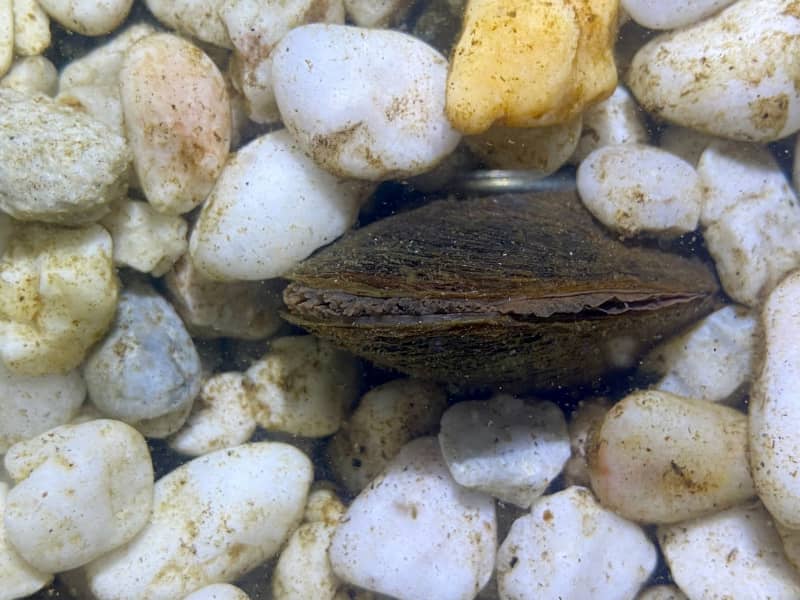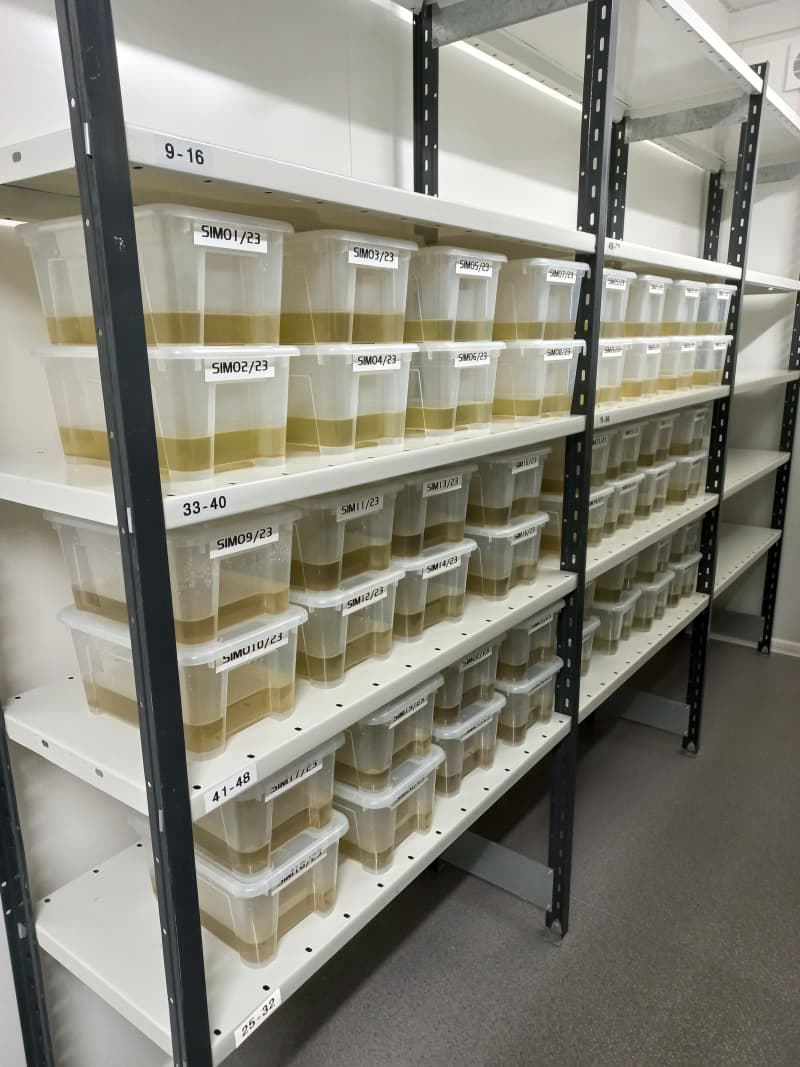
Research at the University of Jyväskylä succeeded in speeding up the development of raaku larvae considerably. The natural reproduction of the species is very weak due to, among other things, the small number of host fish.
Research at the University of Jyväskylä has succeeded in speeding up the development of the endangered river pearl mussel, or raw larvae. In this way, the feral chicks can be released to an independent life faster than before.
According to the researchers, the method significantly improves the chances of rescuing an endangered species.
Raising chicks requires manual work
In nature, raw larvae, or glochidia, develop into small raw fish on the gills of salmon fish for up to 11 months. At the Konnevesi research station, raising the underwater temperature of the larvae’s host fish was tested to speed up the development of the fry, and the results were promising – the development time of the raw fry could be accelerated to 3–4 months.
Speed \u200b\u200bis an asset, because raising baby chicks is labor-intensive. The fry are collected from the host fish after they fall out of the water with sieves, and the viable individuals are separated from among them one by one. In addition, chicks in rearing must be checked three times a week when changing the water.
Natural reproduction bad
In the LIFE Revives project of the University of Jyväskylä, last fall, adult crayfish representing the Simojoki crayfish population were brought to Konnevede from Lapland, whose reproduction was to be ensured under controlled conditions.
By the end of January 2023, 33,000 individuals of acceleratedly produced chicks had already been collected at the station. The chicks will be cared for and raised at the Konnevesi research station at least until next summer, when they will be moved to their home river to grow in a controlled manner in gravel boxes or perforated plates.

The increase in raw stock is taxed by, among other things, aging and the scarcity of host fish in the rivers.
